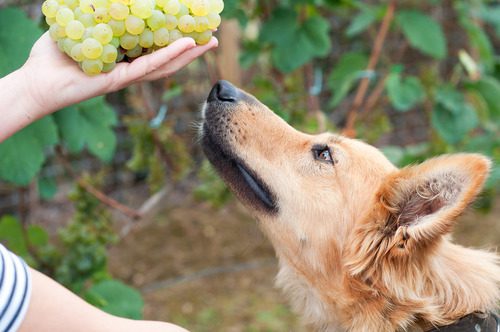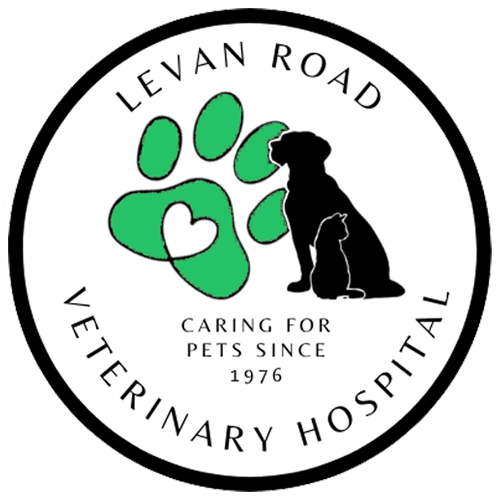Grape & Raisin Toxicity in Dogs: What To Do If Your Dog Eats One of These
Grapes and raisins might look like harmless treats, but they can be extremely dangerous for your dog. Every year, many dogs are accidentally poisoned by eating these common fruits, which can lead to severe health complications or even death. This blog will explore what makes these fruits toxic to dogs, signs of poisoning to watch for, and steps you should take to ensure the safety of your beloved pet. If you live in Livonia, MI, and your dog has eaten grapes or raisins, call Levan Road Veterinary Hospital at (734) 464-6281 immediately.

Understanding Grape and Raisin Toxicity
Grapes and raisins have been confirmed as toxic to dogs; however, the exact substance that causes this toxicity is still unknown. Regardless of the type or brand, ingestion can cause rapid kidney failure and other serious health issues in dogs. The risk is not worth taking, as all dogs, regardless of their age, breed, or health status, are potentially at risk.
Symptoms of Grape and Raisin Poisoning
If your dog consumes grapes or raisins, the symptoms can vary but typically develop within a few hours of ingestion. Common signs include:
- Vomiting
- Diarrhea
- Lethargy
- Loss of appetite
- Abdominal pain
- Severe kidney failure
These symptoms do not necessarily appear in all dogs but are a good indication that something is wrong.
What to Do Immediately After Ingestion
- Act Fast: The first and most important step if you suspect your dog has eaten grapes or raisins is to act immediately. Do not wait for symptoms to appear, as early intervention is critical.
- Contact Levan Road Veterinary Hospital: Immediately call Levan Road Veterinary Hospital at (734) 464-6281. Our veterinary team can give you immediate advice and prepare for your arrival if emergency care is needed.
How Levan Road Veterinary Hospital Can Help
Upon arrival at Levan Road Veterinary Hospital, the vet will conduct a thorough examination to assess your dog’s condition. This will likely include blood tests to evaluate kidney function and possibly an abdominal ultrasound.
Treatment Options
Treatment typically involves inducing vomiting as soon as possible after ingestion to prevent absorption of the toxins. Activated charcoal may also be administered to absorb any remaining toxins. If kidney damage is suspected, intravenous fluids or other supportive therapies might be necessary.
Preventing Grape and Raisin Poisoning
To prevent grape and raisin poisoning, ensure these items are out of your dog’s reach. Instead, opt for dog-safe fruits like apples (cored), bananas, or carrots. Always consult with your vet before introducing a new food into your dog’s diet.
Educating Your Household
It’s essential for all members of your household to understand the dangers of feeding grapes and raisins to dogs. Educate your family and visitors about safe treat alternatives and the importance of keeping dangerous foods out of paw’s reach.
Keeping Your Dog Safe and Healthy
Grape and raisin toxicity in dogs is a serious issue that requires immediate attention if your dog ingests these fruits. Remember, the key to managing this emergency is speed. Contact Levan Road Veterinary Hospital immediately at (734) 464-6281 for guidance and to prepare for potential emergency treatment. By understanding the risks and symptoms, and taking quick action, you can help ensure your dog’s health and safety. Let’s keep our pets safe by keeping these dangerous snacks out of reach and opting for healthier, safer alternatives.

